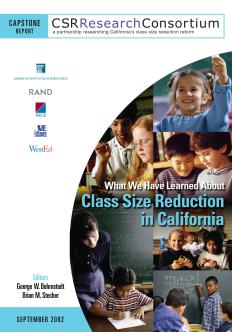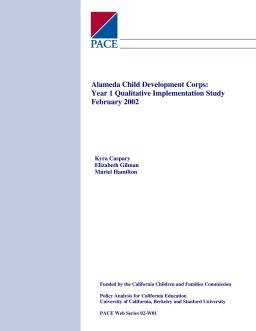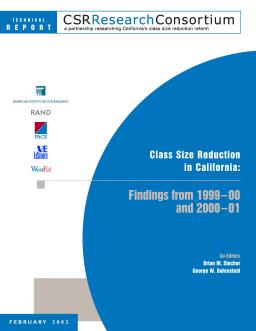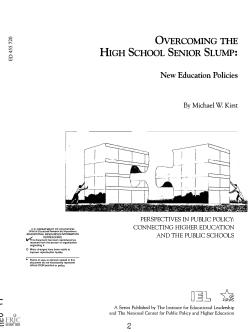Understanding, measuring & improving student outcomes

Measuring student and school performance is critical for understanding and improving outcomes and achieving higher levels of equity in our systems. However, it is equally important to bring evidence to bear in solving problems of practice when they are revealed by data. To this end, PACE research in this topic area is focused on developing evidence to support understanding, measuring and improving student outcomes.
Central to our vision in this area is the development of data systems that support educational improvement all all levels of the system. Our research has emphasized the importance of a comprehensive, longitudinal data system that can be used to support research, accountability, and continuous improvement.
We use existing data to show how students are performing on multiple indicators, and to reveal variation across regions, student demographic groups, and schools/districts. We research how indicators of school performance can be improved over time, or better used to support accountability and improvement. Finally, PACE research products document best-practices from the literature and from leaders across the state with the goal of improving student outcomes for all California students.
Pagination







Pagination